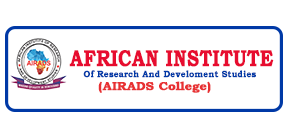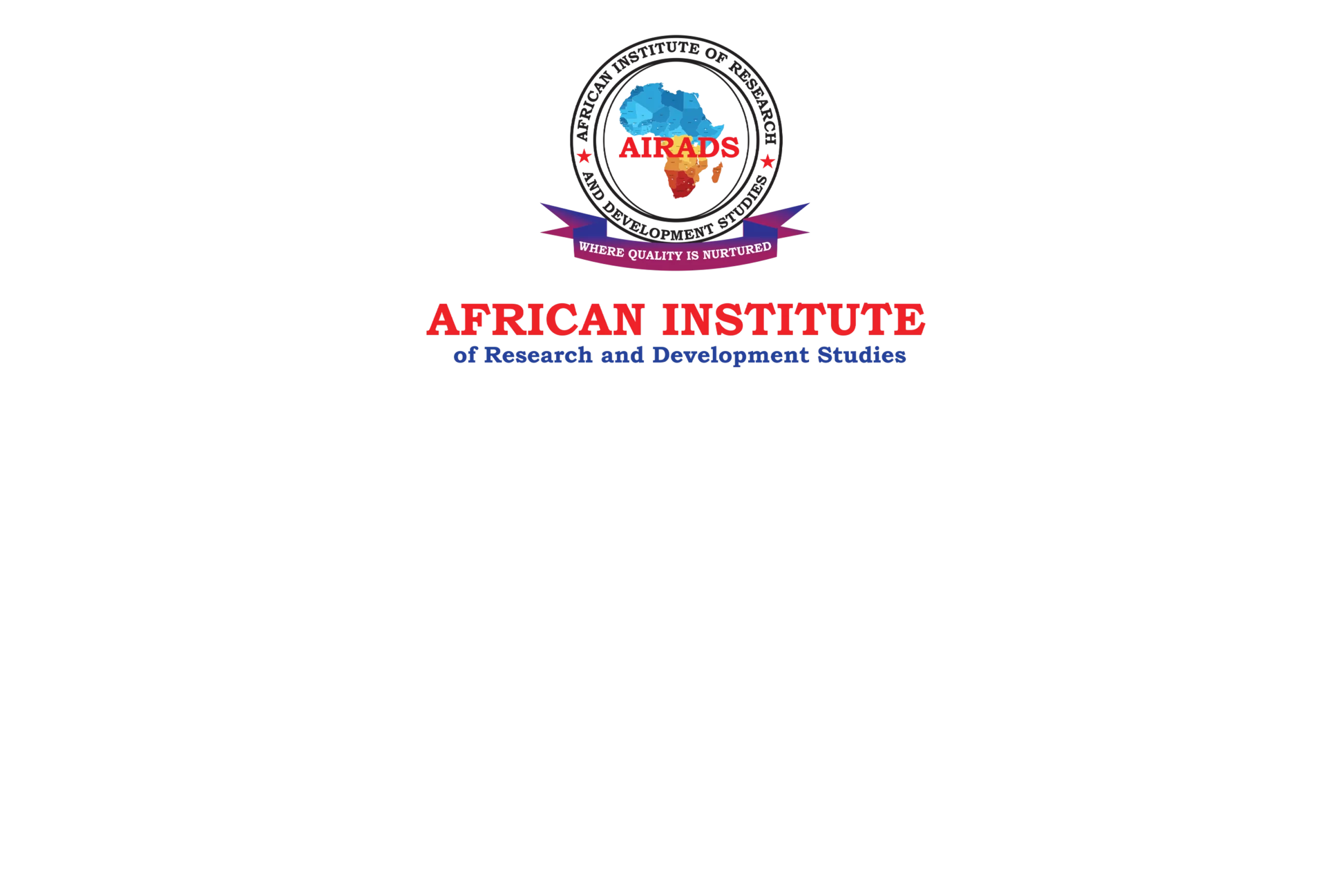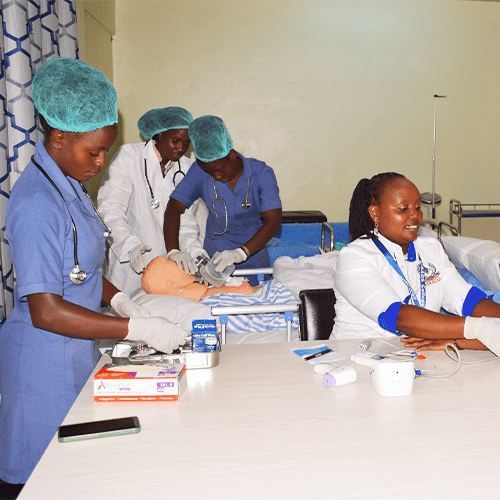The Diploma in Perioperative Theatre Technology at the African Institute of Research and Development Studies (AIRDS) is likely designed to equip students with the skills and knowledge required to work in perioperative care, especially in surgical settings. This typically involves assisting in various roles before, during, and after surgery to ensure the safety and comfort of patients, as well as the smooth operation of the theatre.
The course may cover topics like:
Anatomy and Physiology – Understanding the human body, its systems, and how they are affected by surgery.
Surgical Procedures – Familiarity with common surgical operations and techniques, and the role of the theatre technologist during these procedures.
Infection Control – Best practices for maintaining sterility and preventing infections in the theatre.
Anesthesia Support – How to assist anesthesia teams, monitor patients’ vital signs, and ensure proper drug administration protocols.
Sterilization Techniques – Understanding the principles of sterilization, handling surgical instruments, and maintaining a sterile field.
Postoperative Care – Assisting with post-surgery recovery and monitoring patients in the recovery room.
Surgical Instruments and Equipment – Knowledge of the tools used in surgeries and how to maintain and troubleshoot them.
The training prepares students for roles like Theatre Technologist, Operating Room Assistant, or Surgical Technician in hospitals, clinics, and surgical centres.
You might also have hands-on training in a real surgical setting to gain practical experience.
For more detailed and specific information on the course syllabus, admission requirements, and fee structure, I would recommend directly contacting AIRDS or visiting their official website, as they will have the most up-to-date details.
To get started with enrolling in the Diploma in Perioperative Theatre Technology at the African Institute of Research and Development Studies (AIRDS), here’s a step-by-step guide you can follow:
1. Check the Official AIRDS Website
Visit the official website of the African Institute of Research and Development Studies (AIRDS) to get the most accurate and updated details about the course.
There, you should be able to find specific information such as:
Course duration
Tuition fees
Admission requirements
Curriculum details
Application deadlines
If they don’t have a website, you might want to contact them through any available social media or email.
2. Eligibility Criteria
Typically, to be eligible for this course, you would need:
A high school diploma (usually with a focus on science subjects such as Biology, Chemistry, or Physics).
Some institutions might require prior medical or health-related training, but this varies.
Good physical health (since the role involves standing for long hours, handling equipment, and working in a hospital environment).
Important Tip: Review the eligibility requirements on AIRDS’s official site to be sure you meet them.
3. Application Process
Online Application: Many institutions have an online portal where you can submit your application.
Documents: Prepare and submit required documents, such as:
Academic transcripts (high school or any previous qualifications)
Birth certificate or passport
Passport-size photos
Any medical certifications (if required)
Personal statement (explaining your interest in theatre technology and healthcare)
Some institutions may require you to attend an interview or entrance exam, so check for any additional steps.
4. Course Duration and Format
Course duration for a diploma like this could typically range from 1 to 3 years depending on the institution.
Full-time or part-time options may be available, which could help you plan if you’re already working or have other commitments.
5. Fee Structure
Tuition fees and other associated costs (like textbooks, lab fees, uniform, etc.) will be outlined during the application process. Make sure to check if there are any available scholarships, financial aid, or payment plans.
Tip: If the fees are a concern, ask if the institution offers installment plans or student loans.
6. Internships/Practical Training
The Diploma in Perioperative Theatre Technology is hands-on, so you’ll likely need to do practical training in a hospital or medical center.
Some institutions partner with hospitals to offer practical exposure, while others may assist in helping students find placements.
Internships could be a critical part of your learning as they allow you to gain experience in actual operating room settings.
7. Graduate Prospects
After completing the course, you could be eligible for roles such as:
Theatre Technologist
Operating Room Assistant
Surgical Technician
Scrub Nurse Assistant
Clinical Technician in the Surgery Department
These professionals are in demand in hospitals, surgery centers, and specialized clinics. You could also further your studies by pursuing a degree in medical technology or healthcare administration if you wish to progress in the healthcare field.
8. Contact AIRDS for More Details
If the website doesn’t provide all the info you need or if you have specific questions (like asking about scholarships or entry exams), don’t hesitate to reach out directly:
Email: info@airads.ac.ke
Phone: 0723 555 999
Social Media: AIRADS COLLEGE
APPLY NOW
![]()



